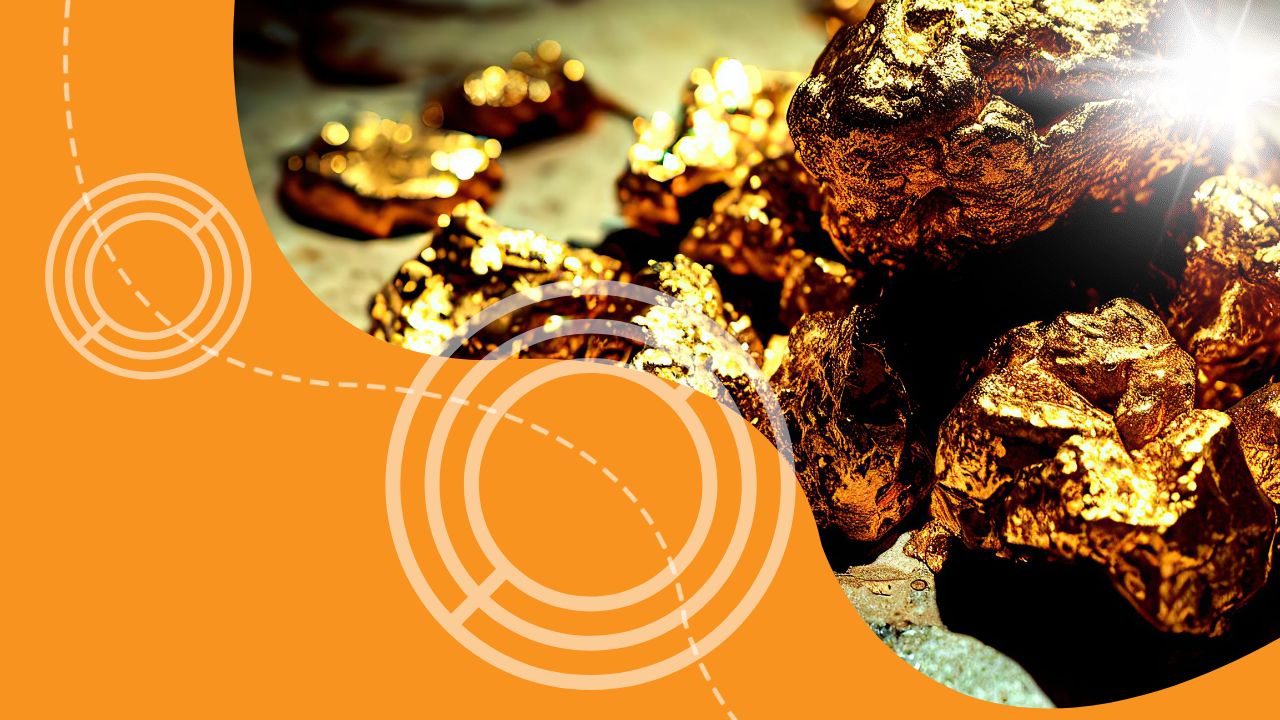A groundbreaking discovery made 150 years ago in Cornwall, UK, is making headlines again. Back in the 19th century, a large amount of dissolved lithium was found in a hot spring approximately 450 meters underground. At the time, this mineral had little to no value, and its potential was largely ignored. However, in today’s world, where lithium is more valuable than petrol, this discovery is proving to be a game-changer.
The geothermal lithium deposit found in Cornwall is now recognized as one of the largest in the world. The underground hot springs contain an astonishing concentration of lithium, ranging from 8 to 10 times higher than that found in other hot springs currently being exploited. This mineral has become crucial in the energy transition, as it is a key component in the manufacturing of batteries for electric cars, mobile phones, and computers.
Interest in this geothermal lithium deposit resurfaced in autumn 2020 due to its significance in the modern energy landscape. Unlike conventional lithium, which is extracted from brine deposits in dry lake beds or hard rock mines, geothermal lithium is found in a hot, saline brine that passes through heated rocks, absorbing various elements including potassium, boron, and lithium.
Mining companies such as Cornish Lithium and Geothermal Engineering are at the forefront of exploring and exploiting this valuable resource. They plan to use cutting-edge techniques like Direct Lithium Extraction (DLE), a method developed by companies in Germany, the United States, and New Zealand. This process uses ion exchange resin or nanofiltration techniques to selectively extract lithium chloride from the brine, which is then treated to produce lithium hydroxide, a key material for battery production.
This method of lithium extraction is not only more sustainable and environmentally friendly but also has a significantly lower carbon footprint compared to traditional methods. While conventional lithium extraction, primarily from Argentina, Chile, and Australia, remains cheaper, it comes with substantial environmental costs. For every tonne of lithium produced using conventional methods, more than 15 tonnes of greenhouse gases are emitted, vast amounts of water are permanently polluted, and large tracts of land are disturbed.
In conclusion, the once-overlooked lithium deposit in Cornwall is now recognized as a mineral resource far more valuable than oil. Its extraction using sustainable methods could play a pivotal role in the global shift towards cleaner energy.


